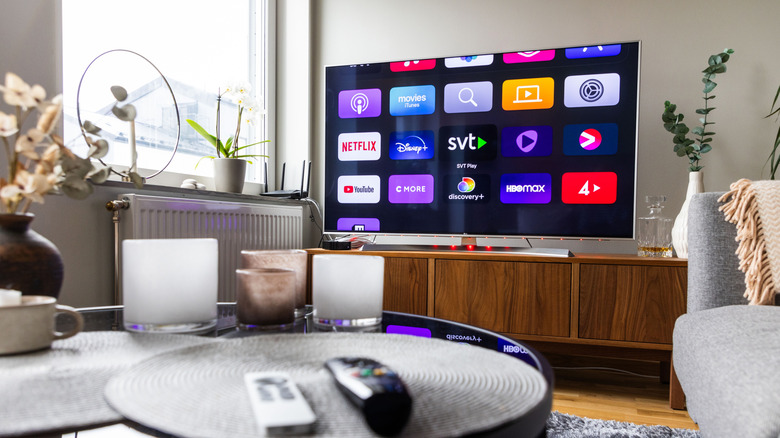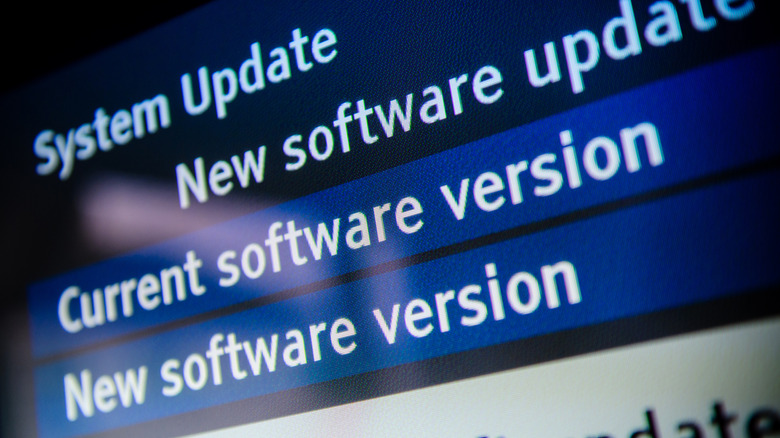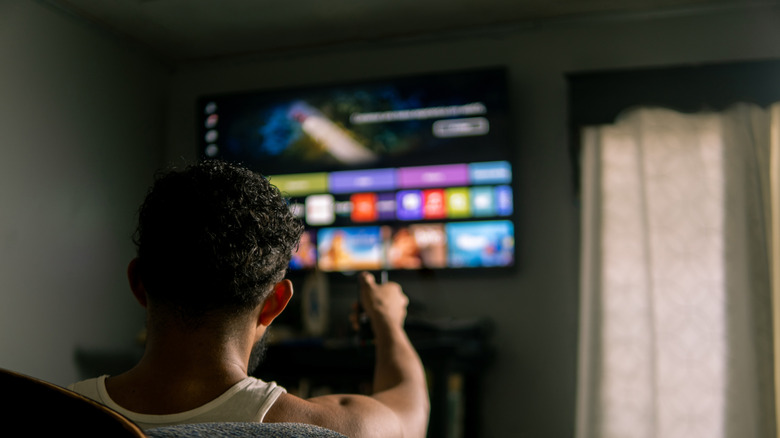Yes, Smart TVs Need Software Updates - Here's Why & How Often
While many of us still fondly remember those old CRT TVs, they can't even be compared to the smart, high-definition flat screens we use today. Back then, a TV was basically a cathode-ray tube with a handful of buttons, a remote control, and possibly a couple of ports for connecting a VCR or a gaming console.
Today's Smart TVs, on the other hand, have operating systems, processors, RAM, storage, network connectivity, multiple ports (USB, HDMI, Ethernet), and typically a whole ecosystem of apps and related smart features. Smart TVs are essentially computers, and just like any computer, a smart TV needs software updates.
Generally — and this goes for all modern electronic devices that run software — updates are necessary to fix bugs, maintain performance, get new features, and improve security. Skipping updates can eventually result in serious issues, ranging from glitches and sluggish performance to serious malfunctions and security risks. Here's what else you need to know about updating your Smart TV's software.
How often is smart TV software updated?
Smart TVs typically receive software updates less frequently than smartphones or computers. For example, Android TV 14 launched in May 2024. The next major update is expected in late 2025 or early 2026. This doesn't include small security patches or bug fixes that may still roll out periodically. The frequency of these smaller updates varies by manufacturer, but they are typically released on a quarterly basis.
The average TV lasts around 10 years, give or take. While it may continue to function well over that time, at a certain point, it will struggle to handle the latest apps and services. And just like with any other device, smart TV manufacturers eventually stop releasing updates. Once support ends, the TV will no longer receive new features or security patches, even if the hardware itself remains functional.
Your Smart TV likely has updates enabled by default. You should be able to check if this is the case — and turn them on or off, and update manually if needed — via your TV's settings menu.
What happens if you skip smart TV software updates
If you're wondering whether your smart TV can be hacked or infected by a virus, the answer is yes, it can. In fact, according to a 2024 report by NETGEAR and Bitdefender, smart TVs accounted for nearly a third of all vulnerable IoT devices targeted in cyberattacks. The report cites two main reasons for this: TVs are often used for an extended period, and many manufacturers discontinue software support while the hardware is still functional.
If you skip or ignore software updates, your TV becomes more vulnerable to cyber threats, especially if you install apps from unofficial sources. In the event of a successful attack, much of your personal data could be exposed. An attacker could, for example, access accounts linked to your TV and obtain personal information, such as email addresses and credit card details.
The bottom line is that you should keep your TV's software up to date, both to run the latest apps smoothly and to protect your personal data from security threats.


